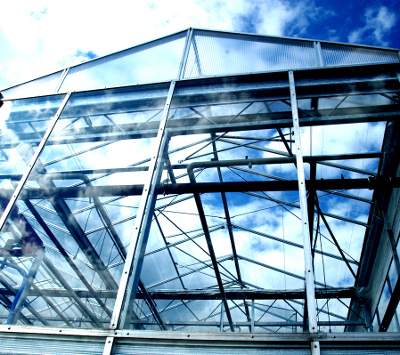Solar greenhouse grows social benefits
 Construction is underway on Australia's biggest glasshouse, which is solar-powered and set to provide employment for new migrants and refugees.
Construction is underway on Australia's biggest glasshouse, which is solar-powered and set to provide employment for new migrants and refugees.
Excavators are on site of the huge vegetable growing facility at Fullerton Cove near Newcastle.
The 16-hectare property will produce 15,000 tonnes of tomatoes, cucumbers and capsicums every year, according to Dutch investor Cor Disselkoen.
The project was mired in controversy, requiring assessments from both Port Stephens Council and the Joint Regional Planning Panel, due to earlier plans to power it form a nearby CSG well.
It will now run solely on clean energy.
“We don't get any natural gas or coal to fire or heat, we don't use any electricity from coal fired electricity mains,” Mr Disselkoen said.
“We catch the rainfall, which falls on our roof, which is enough for us to grow our plants.”
“It's the most efficient way, but environmentally the best way to do in the future.”
The company behind the project says refugees and migrants in the Hunter region will be actively included among the 125 workers employed at the glasshouse.
NSW Primary Industries Minister Niall Blair says the new facility will complement local outdoor industries, not supersede them.
“We can grow different crops out of season and capitalise on some of the markets that traditionally we may have had to rely upon imported products for,” Mr Blair told reporters.
“When we look at glasshouse and intensive production it's something that we've done a lot of investment and research into through the Department of Primary Industries.
“It's something that we see the industry is doing in other parts of the state and it's something we're confident will be another component to the different ways we produce food and fibre in NSW.
“Food production is something we're all very concerned about [and] something I know there are more people passionate about in NSW, so looking at different ways that we do it, utilising different resources is something we encourage,” he said.








 Print
Print